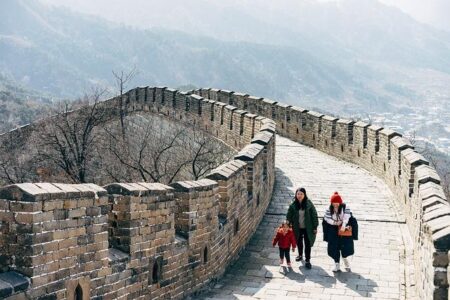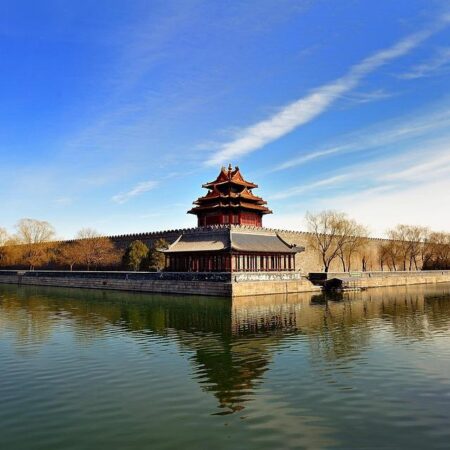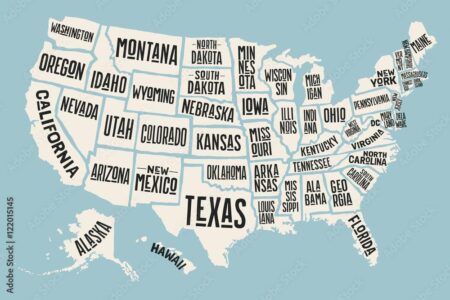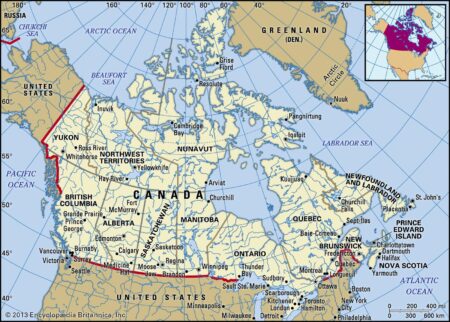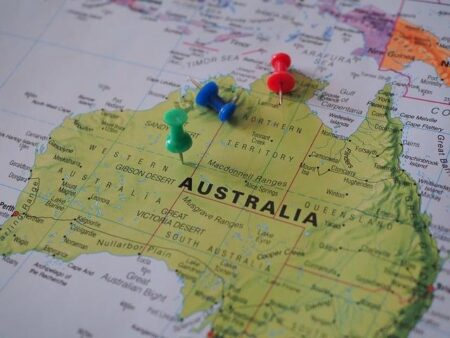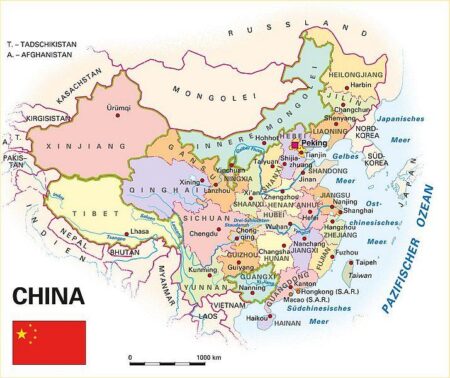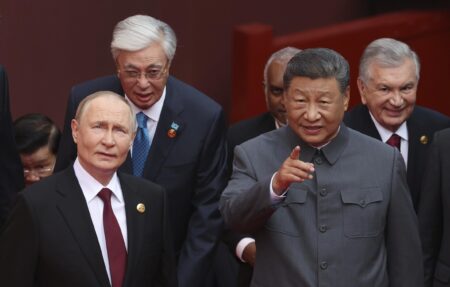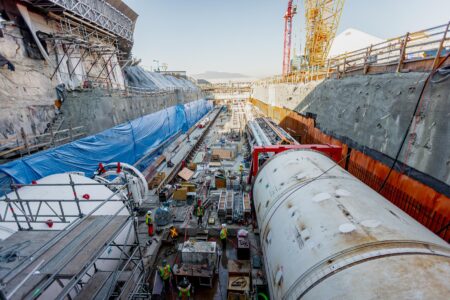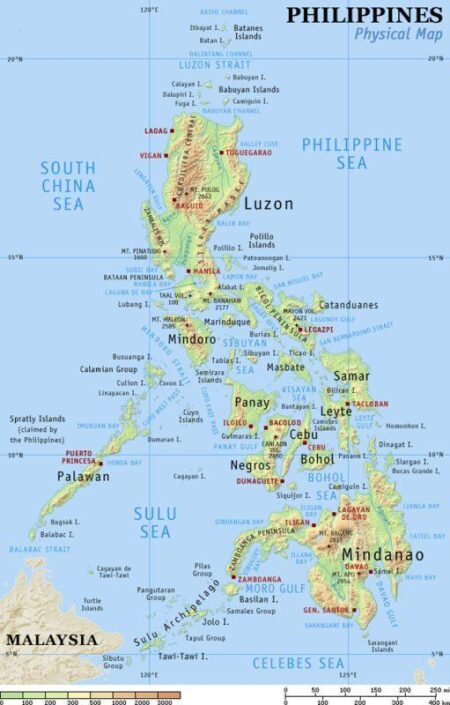Japan is diving deep into the rare earth-rich mud of the Pacific Ocean, aiming to break free from China’s stronghold on the global supply. This daring move strives to secure vital materials that fuel advanced technology and defense systems, even as geopolitical tensions continue to rise
Browsing: economic strategy
Spain is boldly turning its gaze toward China with a fresh Asia strategy, as ties with the US grow increasingly frosty, Bloomberg reports. This shift highlights Madrid’s strong commitment to expanding economic links and forging new partnerships throughout the region
China’s daring investments and dynamic government initiatives in artificial intelligence are swiftly catapulting the nation to the pinnacle of the global AI race, as groundbreaking breakthroughs in AI chips and applications fiercely challenge Western dominance
Italy is making bold investments in infrastructure as it gears up for the upcoming international Games, sparking hopes for a surge in economic growth and new job opportunities. The government sees this ambitious push as a powerful way to breathe new life into local communities and boost Italy’s presence on the world stage
Beijing is dramatically ramping up funding for its Belt and Road Initiative, channeling unprecedented resources into global projects. This ambitious move aims to secure essential supplies and expand China’s strategic influence worldwide like never before
Germany’s finance minister called on the EU to adopt a bolder stance amid shifting global dynamics, emphasizing the urgent need for strong economic policies to safeguard the bloc’s strategic interests in an ever-changing world order
China’s recent crackdown on rare-earth exports to Japan could backfire, as Tokyo accelerates efforts to diversify its supply chains and boost domestic production-highlighting the risks of Beijing’s aggressive trade tactics
India is stealthily deploying a smart mix of market maneuvers and regulatory moves to stabilize the rupee, resolute in its mission to stop the sharp decline amid growing global economic pressures, Bloomberg reports
The EU is reigniting its stalled China de-risking strategy, boldly aiming to reduce economic dependence amid rising geopolitical tensions. This decisive action underscores Brussels’ dedication to forging diverse trade partnerships and creating stronger, more resilient supply chains
Former President Donald Trump is preparing to cut tariffs dramatically and strike new trade deals, all designed to lower prices for consumers and spark a surge in economic growth. This ambitious move signals a major shake-up in U.S. trade policy, Bloomberg reports
Canada’s new budget boldly charts a course away from dependence on a single market by expanding trade partnerships and turbocharging domestic industries. This dynamic strategy aims to forge a stronger, more resilient economy ready to thrive amid global uncertainties
Japan’s Prime Minister Takaichi is set to reveal an ambitious new government fiscal target aimed at safeguarding the nation’s financial future. This bold strategy strives to perfectly balance robust economic growth with sustainable debt management, paving the way for lasting prosperity
America’s bold strategy to revive Argentina’s economy faces daunting challenges, from persistent inflation to overwhelming debt. The Financial Times explores the risks and profound implications of this high-stakes venture
Canada has brilliantly transformed Trump’s trade attacks into a golden opportunity, leveraging multilateral agreements and sharp diplomacy to lead the world in defeating protectionism and safeguarding economic stability
Australia is turning up the heat to counter China’s growing influence in the Indo-Pacific, unveiling a bold new strategic plan that boosts defense spending and deepens ties with regional allies-signaling a powerful shift in Canberra’s foreign policy
The Information Technology and Innovation Foundation warns that China may exploit Britain’s choice to avoid officially branding it as an enemy, leveraging this ambiguity to advance its strategic and technological goals
The U.S. is dedicated to strengthening economic ties and promoting democratic stability in Argentina as the regional landscape evolves. This dynamic partnership focuses on expanding trade, enhancing energy cooperation, and addressing new geopolitical challenges throughout South America
China is rapidly slashing its reliance on the dollar, aggressively pushing efforts to elevate the yuan’s influence in global trade and finance. This daring move marks a pivotal moment in reshaping the future of the international monetary system
Carney unveils bold new infrastructure and trade initiatives designed to tackle the challenges posed by Trump’s tariffs on Canada. This ambitious plan aims to supercharge exports and build a stronger, more resilient economy
The Asia Pacific Foundation of Canada highlights the vital role of the Philippines and Canada, revealing their growing economic ties and strengthening partnership in the vibrant and ever-changing Asia-Pacific region



